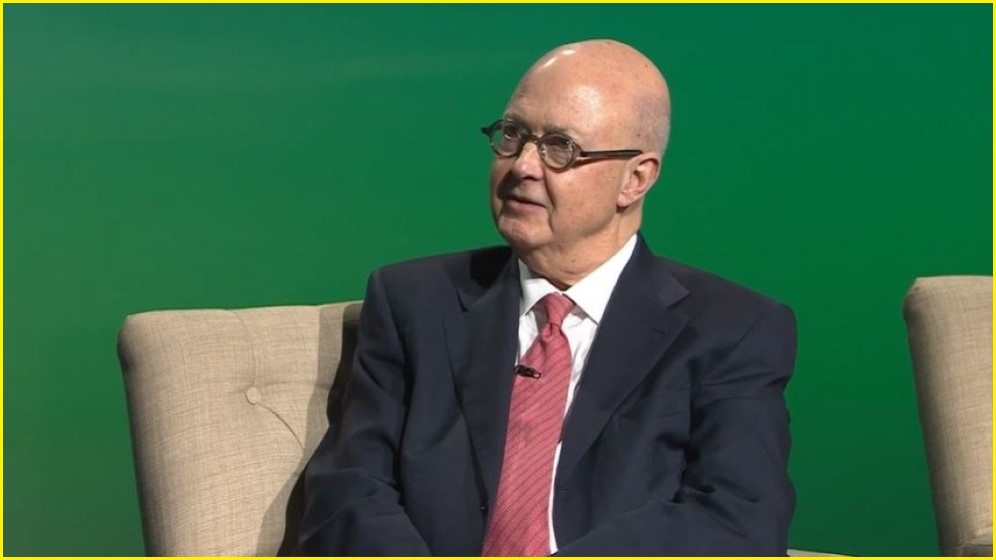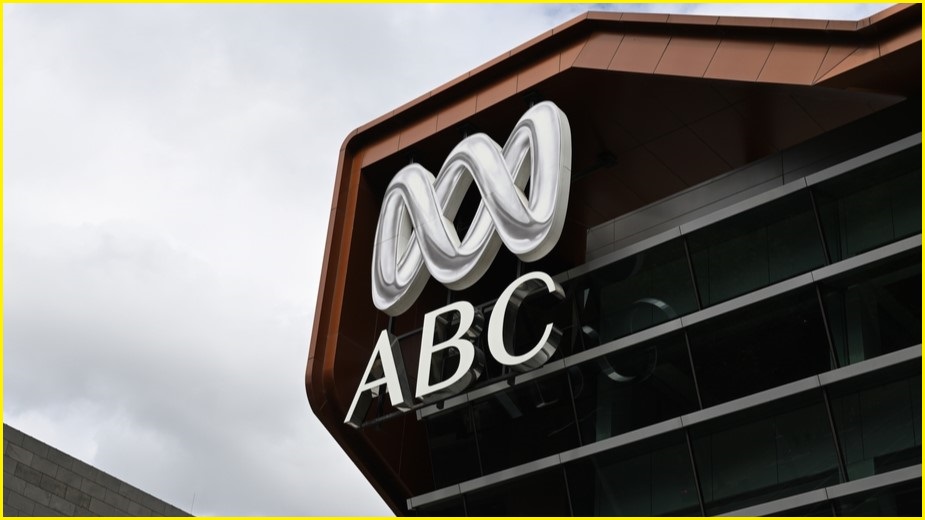Executives from the ABC have detailed how they believe Australia’s national broadcaster could increase its use of artificial intelligence technologies to enhance its content production and journalism.
Speaking at the ABC’s annual Futurecast conference on Wednesday, leaders from the organisation’s content, digital and management arms encouraged deeper use of AI, but called for a cautious approach.
ABC Chair Kim Williams argued the broadcaster “should be utterly immersed” in AI, as it could “enable people to do some really, quite wonderful things”.
“I think we should be a source of abundant experimentation with it, and that we should be sifting and sorting and using AI in relevant ways — in all aspects of what we do — to actually make for much more interesting working lives,” he said.
Williams also argued the technology was “not very expensive”.
The ABC’s chief content officer, Chris Oliver-Taylor, described AI as a “key driver” which the broadcaster had to figure out how to use responsibly.
“There are clear benefits in AI, but for the ABC there are potential pitfalls that we must safeguard against,” he said.
Oliver-Taylor argued there was merit in using AI in elements of TV and radio production to add “deep personalisation” to ABC content and said it could be a powerful tool for producers, "as long as it is additive to the audience's experiences, there's clear signposting with the use of AI, and we deliver increased value and service to the Australian people".
“… Is using AI to help us sweeten audio in drama or comedy, okay? Probably," he said.
“There is so much technology already in place on our sets, in our studios, in our post houses, that I just think it makes sense.
“Where we can utilise technology development, be that AI or other elements, the ABC must embrace them but follow the market and be mindful and thoughtful that if the ABC loses trust, it loses relevance.”
Oliver-Taylor said the ABC should “continue to be at the forefront of innovative change”, but be "cautious and considered" in its approach.

ABC Chair Kim Williams speaks at Futurecast 2024. Image: ABC / Vimeo
The ABC’s chief digital and information officer, Damian Cronan, said the organisation needed to approach AI both with caution and ambition, “because it will get used”.
“It doesn't have to immediately mean that we are producing content through the use of AI,” he said.
“There are lots of ways in which we could improve or assist the experience for our journalists today, or our content creative production output, or the efficiency of the way the organisation operates.”
Large language models ‘deserve a conversation’
Cronan, who was at the centre of the ABC’s 2023 decision to block US company OpenAI from scraping its content to train its popular large language model ChatGPT, suggested the broadcaster may be open to deals with AI companies in the future.
“It's just that we want to force a conversation,” he said.
“Because, you know, again, it's an asset owned by the Australian population.
“… the idea that that disappears into a large language training model without attribution, without some acknowledgement or recognition and value there, frankly, that deserves a conversation.”
The ABC has already spent time developing its own large language model.
The broadcaster has also trialled using AI to improve services such as translations and transcriptions, and has tested AI-created local weather bulletins.
Generative AI systems were also used to produce most of a TV campaign for the ABC show Gruen in 2023.

The ABC experimented with an AI-generated Wil Anderson. Image: ABC / Vimeo
The ABC released its AI principles in June, which noted AI technologies had possible uses, but also risks.
The broadcaster said it would develop policies to make sure any use of AI technology served it audiences, was accurate, respected the rights of human creators, and sought to prevent bias.
In the UK, the BBC has been “looking for opportunities to increase the scope and scale” of its coverage by “using AI and ML [machine learning] technologies to make media production cheaper and more effective”.
The ABC has previously held discussions with the BBC and the European Broadcasting Union (EBU) to share learnings about AI.
Major commercial news organisations such as News Corp have already used AI to generate news articles, and some have signed multi-million dollar content-sharing deals with companies like OpenAI.
Other publishers have resisted such deals, with the New York Times even suing OpenAI for copyright infringement.










